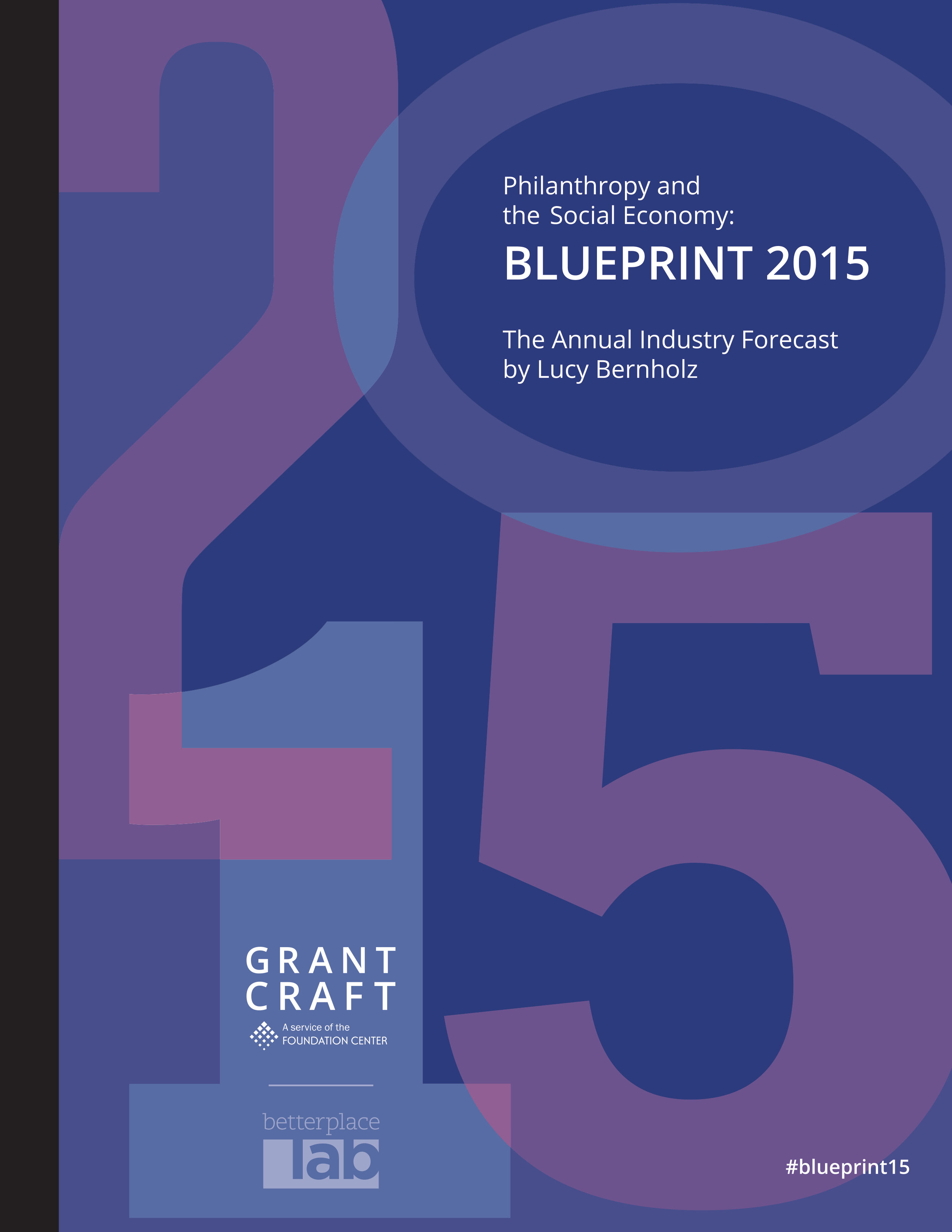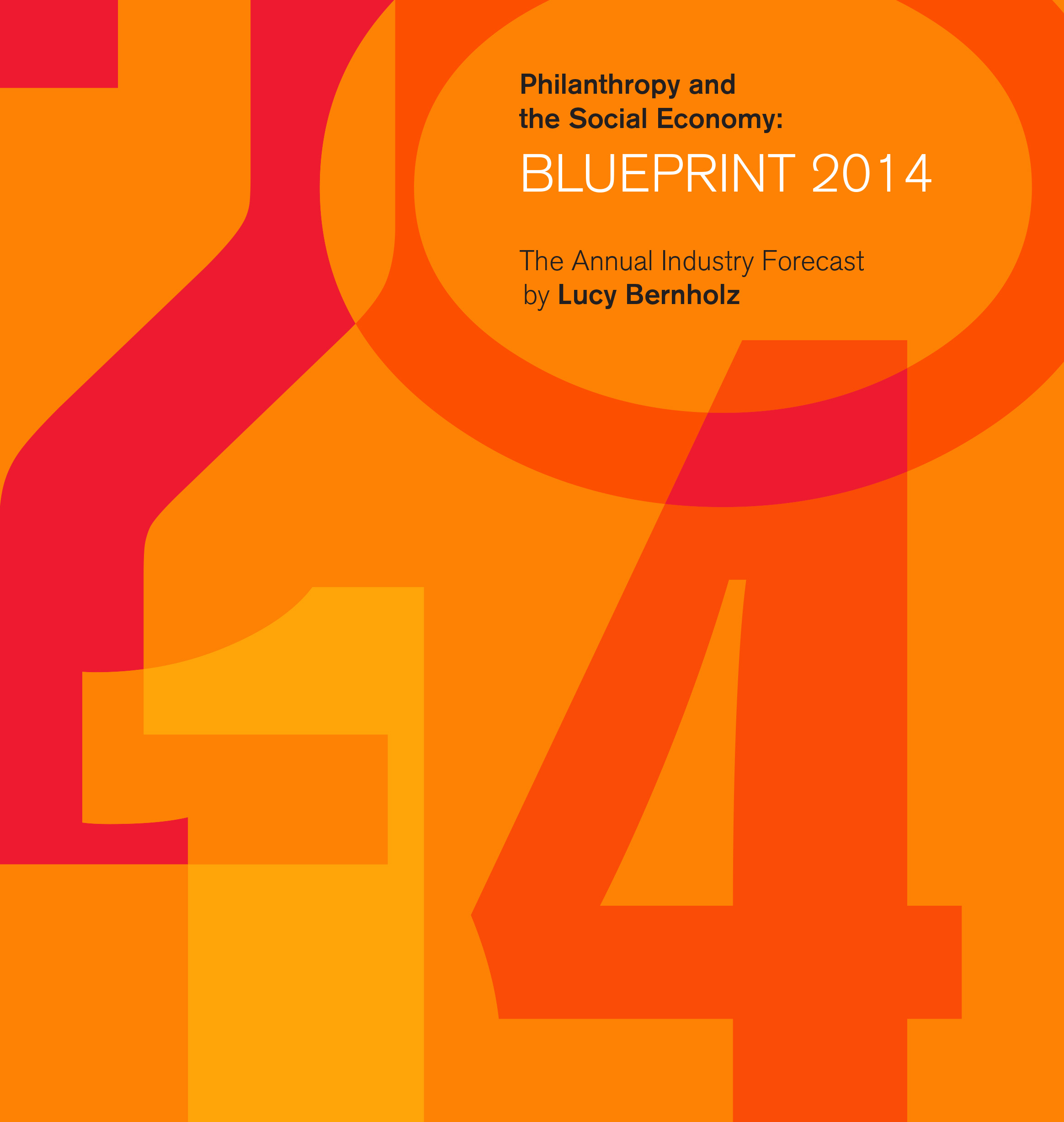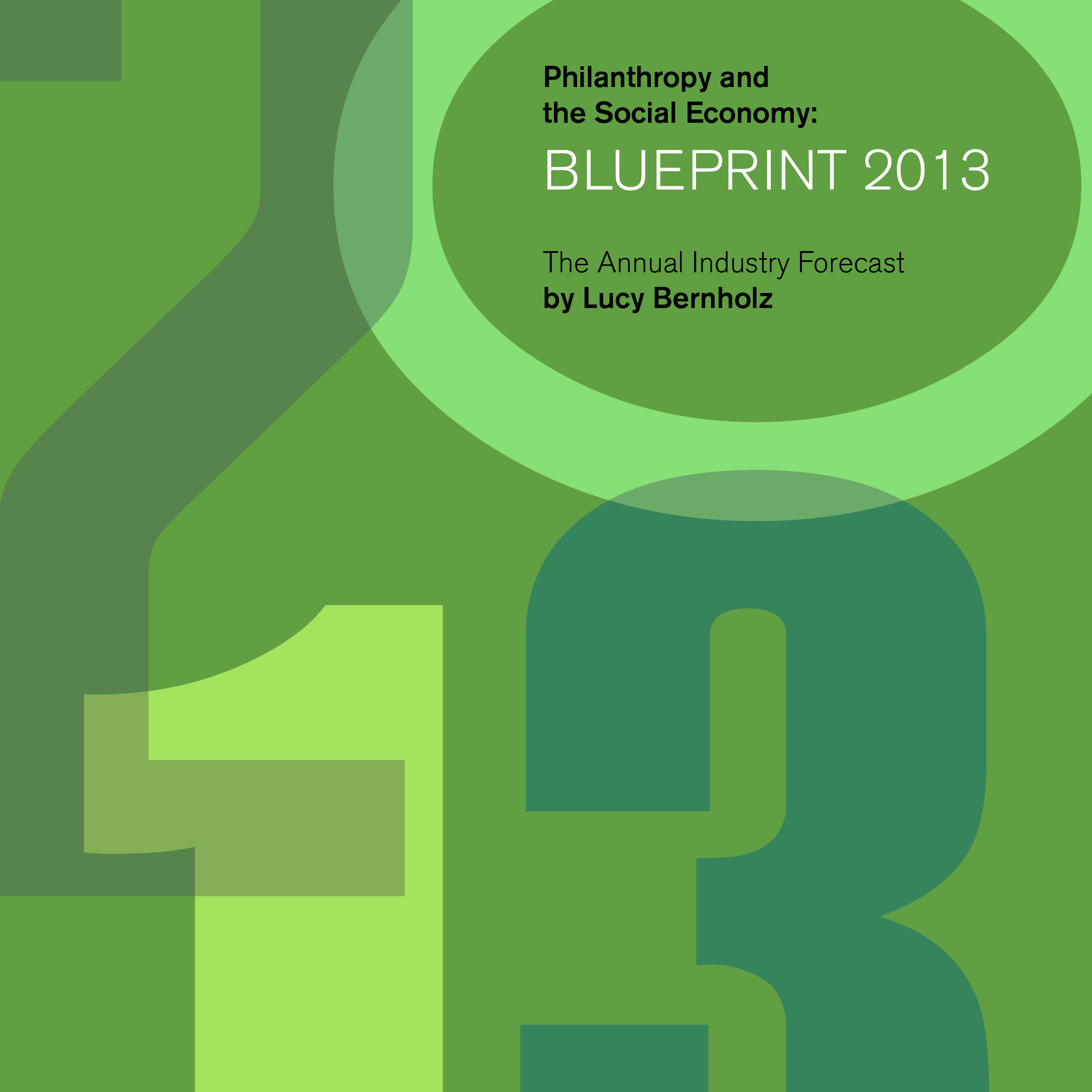Codes for Digital Civil Society Software, organizational, and legal
The Stanford PACS’ Digital Civil Society Lab is focused on informing and building three kinds of codes that digital civil society will need going forward. These codes are software, organizational, and legal.
As more and more expressive actions and protest rely on digital tools, we’ll need new software code that defaults to the values of civil society (free association, private action, protest, and dissent), and not to the national security interests of government or the bottom line concerns of business. This is already underway in efforts as different as DuckDuckGo, the Responsible Data Forum, and the Martus Project of Benetech.
This category of work also captures the many efforts to make data from and about the social economy more readily available, more interoperable, and more useful. We will see more and more software tools, apps, and websites built to align with values such as privacy and informed consent.
Organizational codes include terms of service, data management policies, and privacy settings that represent the values and mission of the organization. These policies won’t be cut and pasted from commercial web services, and they will be as indicative of an association’s mission as are its corporate charter or bylaws. Public Knowledge has some examples of policy and practices codified to represent an organization’s core values.
Organizational codes will also take the form of common practices for sharing data safely across sectors and destroying it when appropriate. In addition, data philanthropy will come to mean something specific, with consent, liability, ownership, and value issues explicitly discussed and explained rather than assumed. These kinds of codes will also address the needs of nonprofits when it comes to cybersecurity — especially in light of the ways data and systems cross sectors. Civil society needs to seize the opportunity to codify its ethical choices into its software and organizational structures.
Finally, changes to legal code will come. We will need new rules for these new tools. We can either inform the new rules or fight them, but it’s naive to assume that our legal structures for using digital resources will stay as they’ve been. The change might come in response to scandal or damage done, or it might come as regulators step up to proactively protect vulnerable people from unscrupulous ones. This may take many forms. It might be data privacy standards, such as those recently enacted in many states regarding student data, or, like today’s modern foundation at its birth more than 100 years ago, it might be a new type of enterprise to manage a new resource at scale. It could be new requirements for data governance built into corporate code, or it might be something akin to a whole new form of enterprise, data trusts, or benefit corporations built around data.
Together, these three types of codes should embody the values that make civil society vital parts of democracies. These values may not always be exclusive, but we are wrong to assume that the defaults of business or government are also the defaults of the independent associational space where we choose privately to act publicly.
Takeaways are critical, bite-sized resources either excerpted from our guides or written by Candid Learning for Funders using the guide's research data or themes post-publication. Attribution is given if the takeaway is a quotation.
This takeaway was derived from Philanthropy and the Social Economy: Blueprint 2015.



